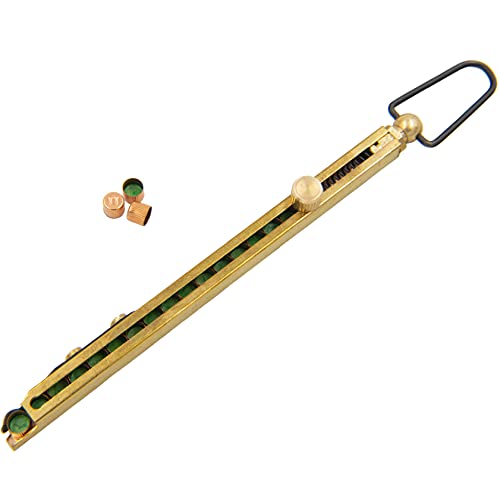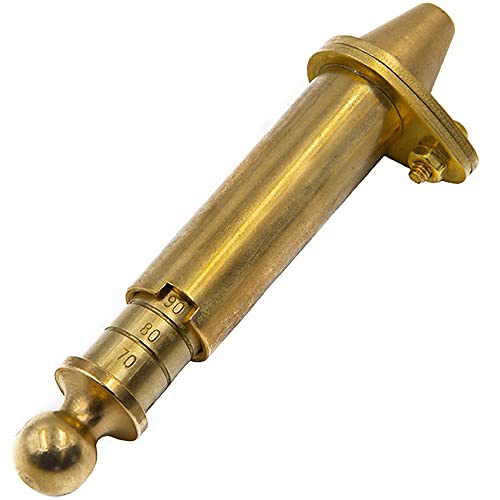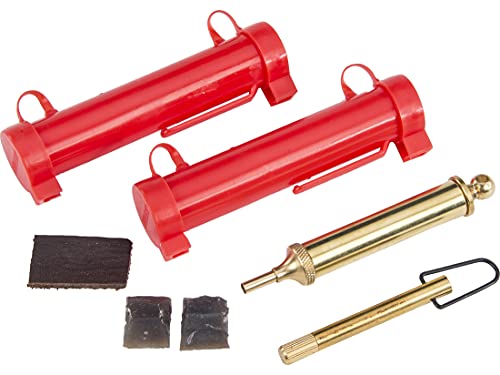morehops52
50 Cal.
I read here quite a while ago about fg thru fffg powders having a slightly water (humidity) resistant coating on them while ffffg did not. They were specifically referring to ffffg being used in a flinty pan and its tendency to pick up moisture and turn to soup. They were recommending fffg or even ffg and noted its coating. I have mentioned this in my posts before but I have never seen it mentioned again elsewhere. I tried internet and forum searches but haven't found anything more than a graphite coat being added. Can anyone help me with some actual info on whether there is an actual resistant coating applied? I wouldn't think graphite would be of much help but it wouldn't be the first time I've mis-thunk.
Last edited:





















